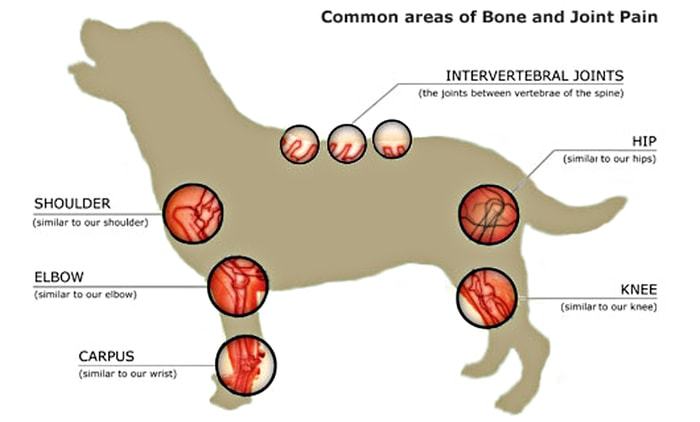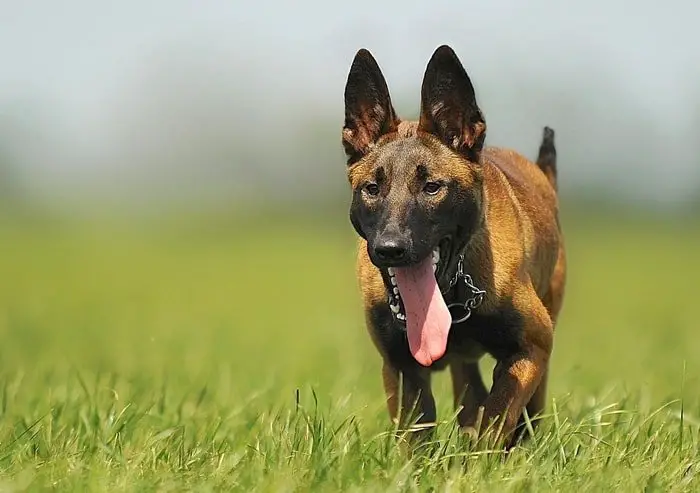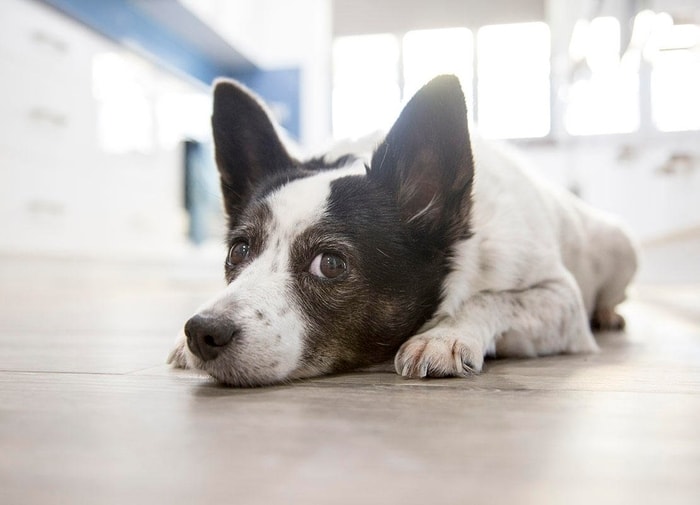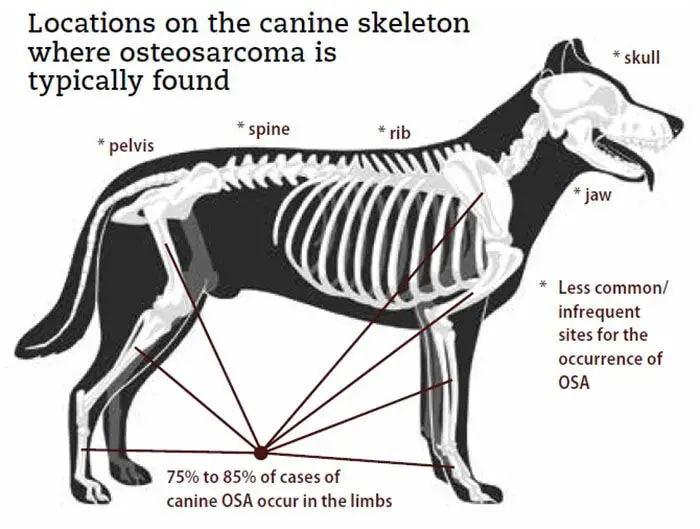Arthritis in dogs is the inflammation of joints and is characterized by swelling and pain. Canine arthritis is a common problem of many dogs, especially older dogs, and causes stiffness of joints and discomfort. The common sites of arthritis are the hip joints, hock joints, and elbow joints.
Importance of Arthritis in Dogs
Dogs with arthritis cause damage to cartilages of the bone and cause fusion of the joints. The fused cartilages cause rubbing of joints, discomfort, and pain in walking. The disease is also called degenerative joint disease.

Causes of Canine Arthritis
Arthritis is a problem of older dogs but may happen at any age of your dogs due to the following reasons. The primary causes of canine arthritis are:
- External trauma of joints that breaks the continuity of the synovial cavity.
- Damage or abnormal growth of the articular cartilages.
- Damage of injury to the ligaments.
- Anormal joint diseases like hip dysplasia, fixation of the patella, and elbow dysplasia.
- Diseases of muscle.
- Infection at the joint cavity.
- Orthopedic surgery.
- Malnutrition, especially deficiency of calcium.

Risk Factors of Arthritis in Dogs
The risk factors of degenerative joint diseases (DJD) are as follows:
- Larger breeds of dogs like Golden Retriever, German Shepherd, Labrador Retriever, German Pinscher, etc.
- Obese dogs or overweight dogs.
- Middle to over-aged dogs ( 8-10 years old).
- Genetic history of arthritis.
- Lyme disease in dogs.

Breeds of Dogs Affected with Arthritis
The following breeds are more prone to arthritis or DJD:
- Labrador Retriever.
- Golden Retriever.
- German Shepherd.
- German Pinscher.
- Great Dane.
- Belgian Malinois.

Clinical Signs of Arthritis in Dogs
The most common clinical signs of canine arthritis are as follows:
- Reluctance to move.
- Pain in the affected joints.
- Lameness in dogs.
- Stiffness of joints.
- Affected dogs become grumpy.
- The dog moves slower than usual.
- Progressive gaining of weight.
- Lethargic dogs.
- Swelling of the affected joints.
- Difficult in urination.
- Abnormal posture.
- Loss of muscle structure over the limbs and spines.
- Loss of stamina in dogs.
- Sudden unexpected aggressiveness toward unknown people.

Diagnosis of Canine Degenerative Joint Disease
If you suspect arthritis in your dogs after observing any of the above clinical signs and risk factors, you must consult with your vet. The usual process of diagnosis is as follows:
- Presence of risk factors in your dogs.
- Specific clinical signs.
- Examination of affected joints by palpation.
- Radiographic examination of the affected joints to see the condition of the cartilage and joint cavities.
- Aspiration of synovial fluid and bacterial culture to know the specific organisms.
- Assessment of blood to know the various parameters.

Treatment of Arthritis in Dogs
The line of treatment depends on the proper diagnosis of the underlying causes of the disease.
- A broad-spectrum antibiotic may be given if the cause of arthritis is infectious.
- NSAIDs to reduce pain and inflammation of joints.
- Nutritional support for calcium through feed or oral medication.
- Joint supplements like Glucosamine and chondroitin are very effective in treating arthritis.
- Physical rehabilitation of the dog affected with arthritis.
Prevention of Canine DJD
The disease can be prevented by taking a few measures:
- Supply a balanced feed enriched with calcium and vitamin D.
- Use a soft pad or comfortable beddings for dogs.
- Maintain a balanced body weight of the dogs.
- Regular exercise.
- Prevent any injury to the joints.
Concluding Remarks on Arthritis in Dogs
Arthritis is a common disease in older and middle-aged dogs. The disease is also called degenerative joint disease. The disease may also be seen in young dogs due to trauma, infection, overweight, and nutritional deficiencies. The disease can be cured by proper treatment and care. I think this article will help you a lot.
